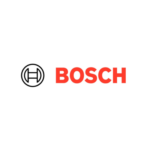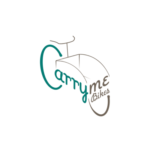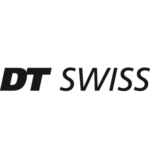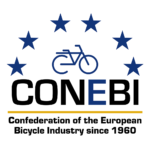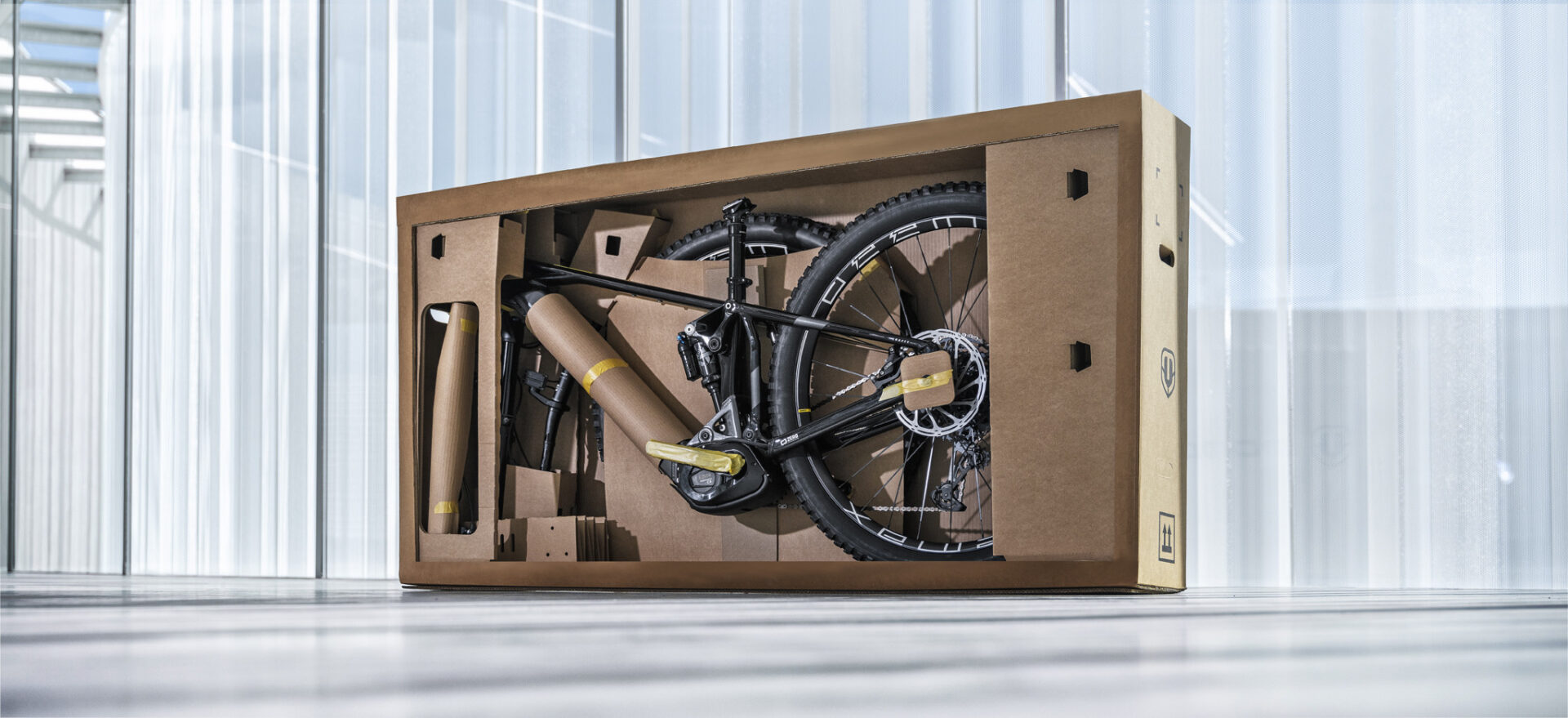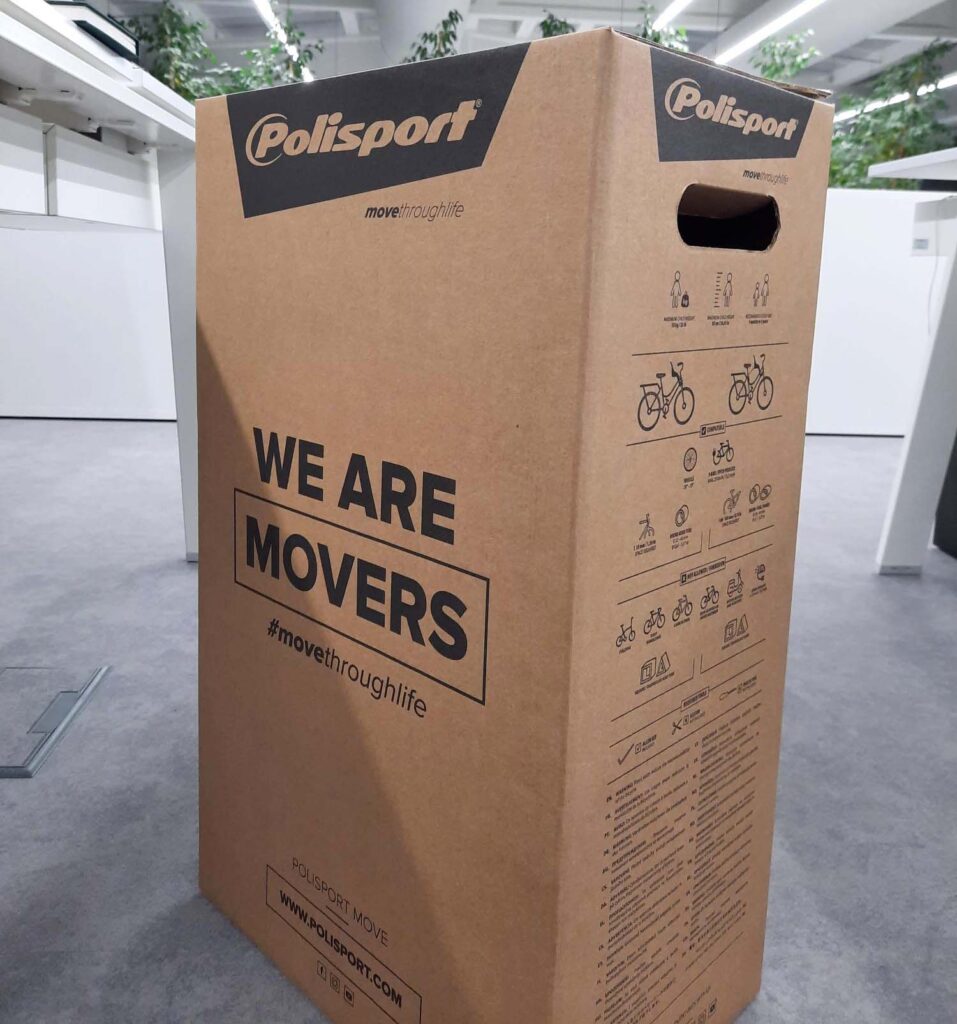
Cycling Industry Climate Action Pledge
The Cycling Industry Sustainability Expert Group is launching the Cycling Industry Climate Action Pledge — an industry–led pledge for companies across the supply chain to measure their carbon footprint and take individual action to significantly reduce their CO2 emissions.
We believe that cycling is a force for good. The cycling industry delivers a sustainable mobility option for low–carbon cities, commutes, leisure, and lifestyles. One–fifth of all CO2 emissions worldwide are caused by transport: as the most climate-friendly mode of transport, cycling is indispensable to achieve decarbonisation. We are convinced that our industry’s products and services are central for the mobility and sustainability revolution. Our industry needs to speed up efforts to become as climate-friendly as the product itself.
The UN Paris Agreement, signed by 195 countries, commits to keep global warming below the critical level of 1.5 degrees Celsius. To achieve this, GHG must be reduced by 55% by 2030, and 100% by 2050. The European Union has set a greenhouse gas emissions reduction target of at least 55% by 2030 compared to 1990. To be able to align with the UN and EU goals, our industry needs to take urgent joint action.
The Cycling Industry Climate Action Pledge has been drawn up by the CONEBI and CIE Cycling Industry Sustainability Expert Group and aims to challenge companies to take concrete steps towards significantly lowering their carbon footprint. That is why the pledge is accompanied by the Cycling Industry’s Climate Action Guidelines: a step–by–step guide to support companies at the start of their CO2 measurement and alleviation journey.
Our pledge aims to address the carbon footprint of companies across the cycling ecosystem. Reduction targets, benchmarks and methods for carbon measurement need to be consistent and aligned with the role and impact of companies across the supply chain. We urge all companies to join the challenge and sign the Cycling Industry Climate Action Pledge.
WE PLEDGE TO:
- Measure scope 1 and 2 emissions, set a reduction target and publish it by 2025 at the latest.
- Measure scope 3 emissions (as a minimum step, your corporate footprint*), set a reduction target and publish it latest by 2030.
- Create and publish a reduction target, with a clear strategy and a timeline.
- Continually track performance and report progress achieved.
The reduction targets are intentionally not set for the entire industry in order to allow as many companies as possible to join the pledge. Companies are at various stages of progress with their CO2 reductions. Companies should therefore choose a target based on their individual readiness and ambition level, using existing targets or formulating their own.
The reduction targets should be made publicly available via companies’ websites and social media channels. Companies are also encouraged to report their progress to the Cycling Industry Sustainability Expert Group, as the best practices within the industry will be collected and shared to inspire others.
Our vision is bold and its success depends upon the coordinated actions of our industry. The race to sustainability has already begun and some of
our members have made a good start. Just like a peloton, we’ll get to our destination quicker if we work together.
Join us, no matter where you are on your CSR journey, in creating a genuinely sustainable cycling industry!
Steered by:


Testimonials:
Mondraker announces all bikes will be shipped and packaged in a 100% recyclable box, custom designed and developed exclusively to cut waste. Along with no plastic packaging, zip-ties, or foam inside the boxes, all adhesive tape used is made from rice, the security seal on the box is made using potato pulp and the adhesives are organic. The boxes also include 2 reusable Velcro straps, so the packaging is recyclable and reusable. Outside the box organic, biodegradable ink is used as well.
Our ECO packaging is one of many ways that we help promote sustainability here at See.Sense. It is made solely from managed and recycled cardboard for easy recycling, it is an all-in-one retail and mailing box to eliminate unnecessary waste when shipped, and it is small enough to fit through a letterbox so that it can be delivered first time. All these small considerations go a long way in helping reduce waste within the packaging industry.
Polisport has achieved a great reduction of plastic for packaging – the only plastic that you will find is a small tool bag. All the carton and paper the company uses is FSC certified. Furthermore, Polisport developed one instruction manual to serve a large number of products (baby seats), increasing the efficiency as well as use of paper.
Step-by-step, Miranda Bike Parts has been optimizing all packaging in an ecodesign-friendly way. For example, the new aftermarket packaging is compact, 100% based on recycled paper and recyclable, from green forests (PEFC and FSC certified). In this way the end user can easily recycle since the packaging is made from just a single material. You can see a picture of one such crank box above.












